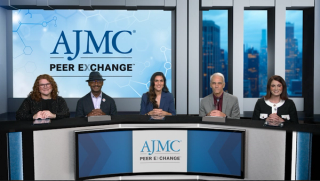
Clinical
Latest News
Latest Videos

CME Content
More News

Panelists discuss how shared decision-making empowers patients when choosing between IV and SC administration routes.

Immune-boosting herbs were linked to lower autoantibody rates in patients before dermatomyositis onset, suggesting activation of alternative immune pathways.

The accelerated approval was based on a study that evaluated the efficacy in unresectable or metastatic nonsquamous NSCLC.

Previously treated patients with non–small cell lung cancer (NSCLC) saw durable results with andamertinib 240 mg.

A study links seborrheic dermatitis to multiple epithelial barrier diseases, supporting broader assessment for inflammation and barrier dysfunction.

Patients hospitalized for bronchiectasis exacerbations face higher mortality, longer stays, and greater costs than those with COPD or asthma.
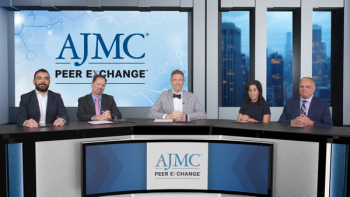
Panelists discuss how support networks and coordinated care are essential for delivering third-line metastatic colorectal cancer therapies effectively in the community.

Panelists discuss how addressing barriers and sharing real-world data can increase community confidence in prescribing third-line metastatic colorectal therapies.
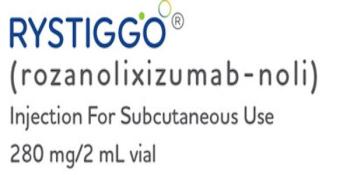
Rozanolixizumab shows promise in treating triple-seronegative myasthenia gravis, offering hope for patients with limited treatment options.

Long-term nitrogen dioxide exposure raises ovarian cancer risk, underscoring the need for stricter air quality measures.

Women under 50 who consume high levels of ultraprocessed foods have a higher risk of developing early-onset conventional colorectal adenomas.

Lower-income countries rarely gain timely access to FDA-approved drugs tested in their populations, highlighting major global and ethical disparities.

Based on this analysis, all 3 gepants are not cost-effective compared with usual care for the treatment of acute migraine.
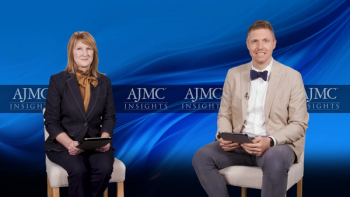
Panelists discuss how digital therapeutics could address the enormous unmet need for treating negative symptoms in the 60% of patients with schizophrenia who experience them, potentially reducing health care costs and improving quality of life.

Exploring the Heterogeneous Nature of Desmoid Tumors
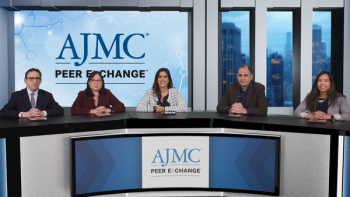
Panelists discuss how managing oral therapy toxicities requires preemptive planning, multidisciplinary team involvement, patient and family education, and close monitoring for drug interactions and adherence issues, emphasizing the need for experienced centers with proper support infrastructure.

Panelists discuss how prescription digital therapeutics like Daylight show promise for treating depression and anxiety but face significant accessibility barriers due to lack of payer coverage and high out-of-pocket costs.


Panelists discuss how implementing oral regimens faces significant operational barriers including formulary restrictions, prior authorization requirements, insurance coverage differences between inpatient and outpatient settings, and the need for careful monitoring protocols, especially during initial treatment cycles.

Targeted financing, clinician recruitment, and telehealth expansion are needed to improve rural primary care.

Diet and wellness impact multiple sclerosis management, enhancing quality of life and reducing fatigue through lifestyle changes and holistic approaches.

While next-generation sequencing (NGS) has become routine in academic settings, its use for patients with follicular lymphoma in the community is less consistent.

Current NCCN Guidelines recommend molecular testing for patients with follicular lymphoma, which has improved diagnostic accuracy and can assist in selecting the appropriate treatment in certain cases.

Infectious disease was hit hardest by funding cuts to NIH grant for clinical trials that did not align with the Trump administration's priorities.

Broader eligibility, real-world data, and community partnerships are expanding access to CAR T-cell therapy.






